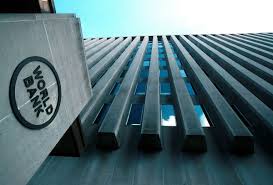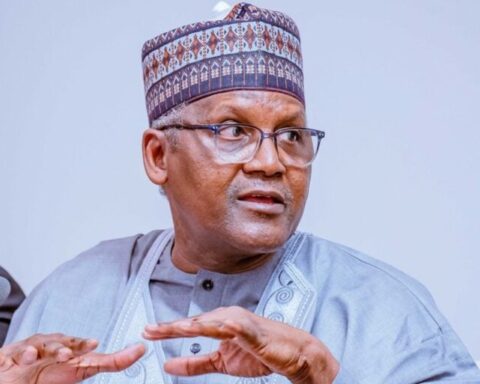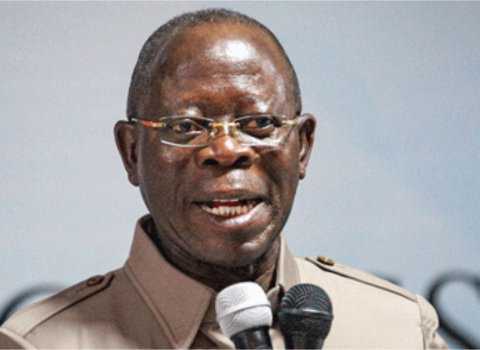A catastrophic poverty crisis engulfs Nigeria as a staggering 139 million citizens languish in poverty despite the government’s high-octane economic reforms and fleeting macroeconomic stability. The World Bank’s Nigeria Country Director, Mathew Verghis, has blasted a dire warning that Nigeria risks squandering its reform momentum unless these elite-level gains trickle down to desperate citizens
BLOCKBUSTER DETAILS.
Poverty Pandemic: 139 million Nigerians – a massive chunk of the population – are trapped in crushing poverty, sparking humanitarian alarms.
Reform Fireworks: Nigeria’s explosive reforms – including bombshell exchange rate reforms and petrol subsidy detonations – have sparked short-term macroeconomic fireworks including soaring revenues, debt metric improvements, and forex market stabilization.
Ticking Time Bomb: Verghis blasted that Nigeria’s reform wins haven’t translated into better living conditions for ordinary citizens, threatening to turn public discontent into explosive social unrest.
Inflation Agony: Nigerians continue to grapple with crippling food inflation and economic pressures despite easing overall inflation trends .
WHAT VERGHIS SAID
“Nigeria’s reforms are like India’s 1990s game-changers – but this window won’t stay open forever. If these gains don’t reach people’s pockets and plates, Nigeria risks catastrophic backsliding,” Verghis warned, underscoring the brutal stakes of policy disconnect
THE NIGERIA DEVELOPMENT UPDATE BOMBSHELL.
The World Bank’s blockbuster Nigeria Development Update report “From Policy to People: Bringing the Reform Gains Home” hammers home the urgent need for Nigeria’s policymakers to bridge the deadly gap between elite reform wins and grassroots suffering.
“These results are exactly what you expect in a stabilisation phase. These are big achievements, and many countries would envy them,” he said.
However, the World Bank official warned that these gains had not yet translated into better living conditions.
“Despite these stabilisation gains, many households are still struggling with eroded purchasing power. Poverty, which began to rise in 2019 due to policy missteps and external shocks such as COVID-19, has continued to increase even after the reforms. In 2025, we estimate that 139 million Nigerians live in poverty,” he stated.
This figure represents a sharp rise from 129 million in April 2025 and 87 million in 2023, highlighting worsening economic hardship despite reform efforts.
According to the report, Nigeria must focus on three key priorities to ensure reform benefits reach citizens: reducing inflation, improving the effectiveness of public spending, and expanding social protection coverage for vulnerable groups.
Verghis emphasised that tackling food inflation should be central to government policy, warning that persistently high food prices could undermine public support for reforms and slow recovery.
“Food inflation affects everybody, particularly the poor. Persistent differences between Nigeria’s inflation rate and those of its trading partners will pressure the exchange rate and create a vicious cycle. Lower inflation will also allow interest rates to come down and support growth,” he said.
While commending the Central Bank of Nigeria’s tight, data-driven monetary stance and the government’s fiscal restraint, he said these alone were not enough to reduce inflation rapidly. He called for structural reforms in food production, distribution, and market systems to address deep-rooted inefficiencies.
The World Bank also urged Nigeria to strengthen public financial management systems to ensure effective use of resources and expand the national social safety net to protect the poorest citizens during the ongoing economic transition.
Verghis reaffirmed the Bank’s commitment to supporting Nigeria’s reform agenda through policy advice, technical assistance, and financial support but stressed that success would depend on strong political will and inclusive dialogue.
“The challenge is clear: to translate the gains from stabilisation reforms into better living standards for all. These are not abstract ideas but practical steps that can turn macro stability into improved livelihoods,” he said.



























